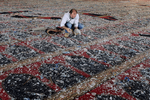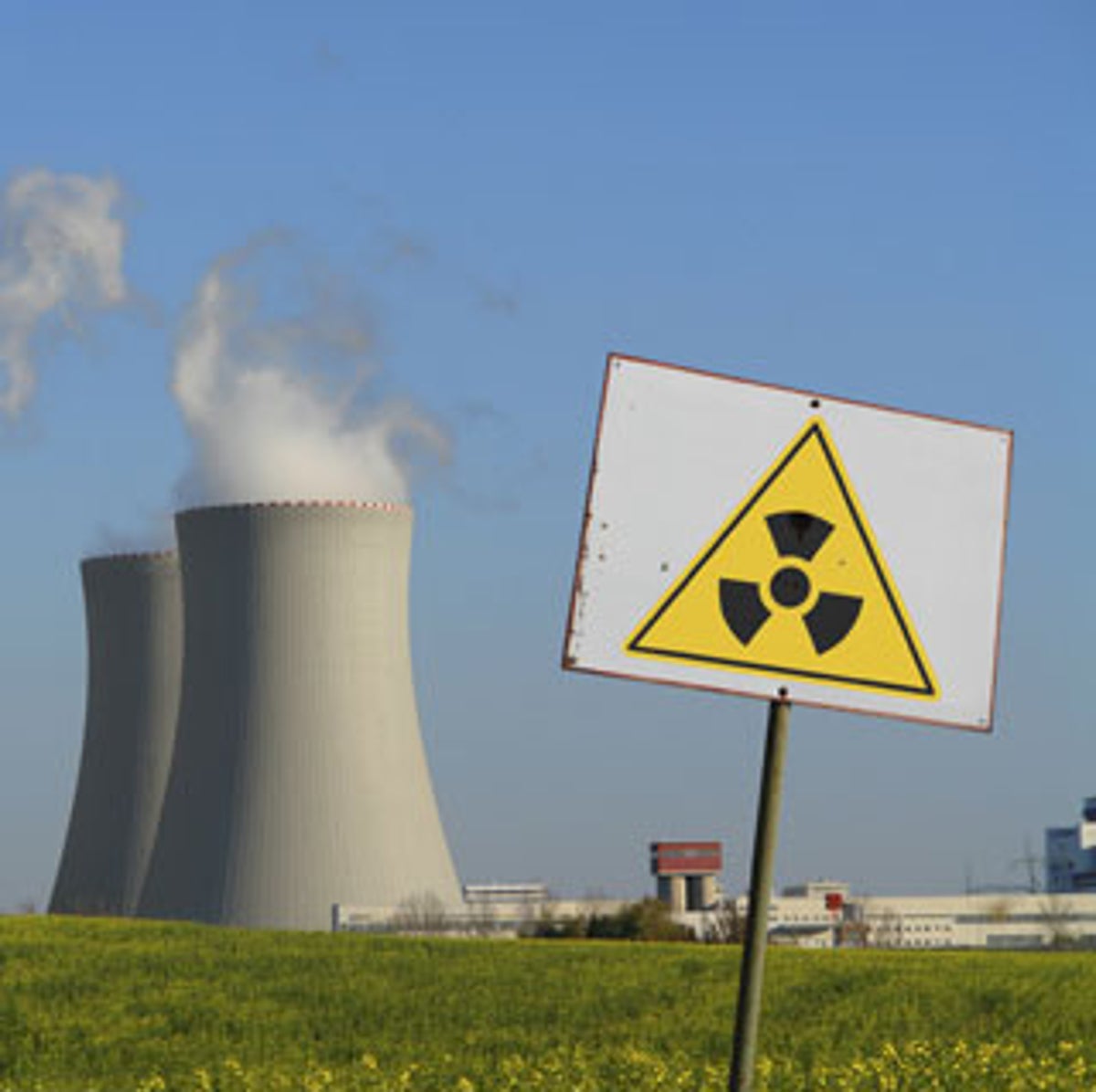I already know what you're trying to get at and it's wrong.
When it comes to nuclear power, there’s a lot to weigh up. Read our guide to find out the key facts: from cost, to carbon emissions, to the risks of radiation.

www.ovoenergy.com
Let's go with the minimum concentration of uranium in anthracite coal, 1ppm. Anthricite produces 8 kWh thermal per kilogram, uranium produces 24TWh thermal per kilogram. You have to burn 3,000,000 kg of coal to equal one kilogram of uranium. If .0001% of that mass is uranium (i.e. 1ppm), the byproduct is 3kg worth of uranium. That's just uranium, not accounting for thorium, radium, and radon. Not only does coal produce more radioactive byproducts than nuclear, it produces more radioactive byproducts than nuclear uses in the first place.
Meanwhile, 0.1% of spent nuclear fuel is long-lived high level waste with no secondary medical, industrial, or research use. This video's a pretty good starter on the topic:
So, with proper reprocessing and repurposing spent nuclear fuel, that 1kg of uranium we started with for nuclear power equals approximately 1g of radioactive waste. Nuclear produces less than 1/3000th the amount of radioactive waste as coal to produce the same amount of energy, because yet again I'm still not accounting for thorium, radium, and radon in coal, and I'm giving a freebie in the form of using the
purest coal available. Start talking about dirtier coals, and add in thorium, radium, and radon, and that number gets a
whole lot tinier.



